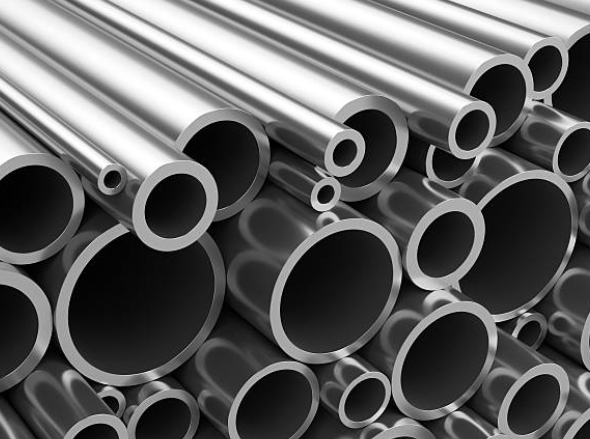
Posted on Thursday, October 3, 2024
In roll forming, a pipe profile refers to the specific shape and design of a metal pipe that is produced by the roll forming process. Roll forming machines use a series of rollers to progressively shape flat metal coils into a cylindrical or tubular form, creating seamless and uniform pipes. These metal pipes are widely used across industries, including plumbing, structural support, automotive, and even in the construction of railings and frameworks.
Roll forming machines are ideal for pipe production because of their efficiency and precision in creating consistent shapes with minimal material waste. The process begins with a flat metal coil, typically made of steel, aluminum, or copper, which is fed through a sequence of roller dies. Each set of rollers bends the metal slightly until the desired pipe profile is achieved.
For pipe production, there are two primary types of profiles:
In conclusion, roll forming machines play a crucial role in the manufacture of metal pipes, offering precision, speed, and customization for a wide range of applications from plumbing to structural support. This method allows manufacturers to produce high-quality, durable pipes that meet the demands of different industries.

Used Purlin Roll Forming Machines for Sale Worldwide
Posted on Sunday, January 25, 2026
Pre-Owned Roll Forming Machines for Purlin & Structural Steel Profiles

Used Roof Panel Roll Forming Machines for Sale Worldwide
Posted on Sunday, January 25, 2026
Pre-Owned Roll Forming Machines for Roofing Panel Production

Used Roll Forming Machines for Sale Worldwide
Posted on Tuesday, January 20, 2026
Pre-Owned Roll Forming Machines with Inspection, Verification & Global Support

Steel Coil Supply for Roll Forming Machines Worldwide
Posted on Tuesday, January 20, 2026
Reliable Steel Coil Supply for Roll Forming, Fabrication & Manufacturing Applications
Copyright 2026 © Machine Matcher.